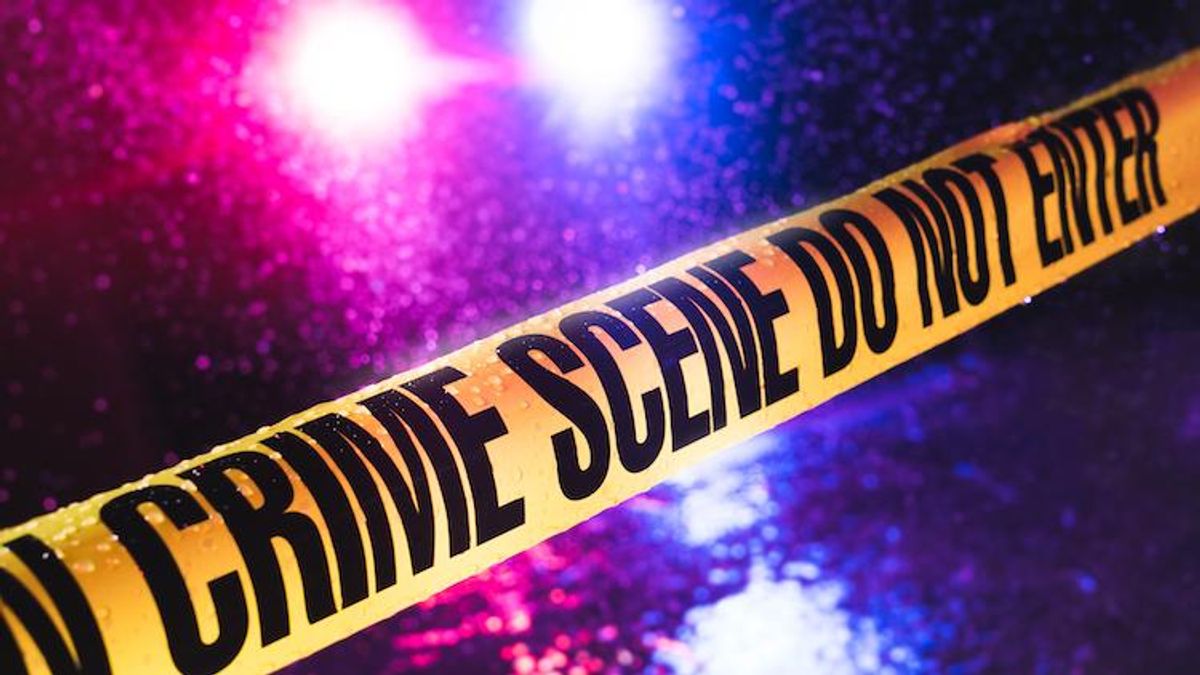While hate crimes based on sexual orientation decreased from last year, hate crimes based on gender identity continue to rise, the most recent FBI data found. It's also the highest number of overall hate crimes since 2008.
According to data provided by the agency, there were 7,559 single-bias hate crime incidents and 205 multiple-bias hate crime incidents in 2020. There were more than 10,500 victims of hate crimes in the U.S.
That's up 6 percent from 7,314 in 2019.
The data used for the report came from 15,136 law enforcement agencies.
Victims of reported hate crimes were mostly targeted due to their race or ethnicity, about 62 percent, while those targeted due to bias against their sexual orientation were 20.5 percent. Bias against someone's religion resulted in 13.4 percent of hate crimes, followed by bias against gender identity with 2.5 percent.
Authorities reported 1,393 hate crimes against LGBTQ+ people in 2019, but 1,287 in 2020. As overall hate crimes against LGBTQ+ people decreased there was a 20 percent increase, for the second year in a row, in hate crimes due to bias against a person's gender identity.
That number went from 198 in 2019 to 236 in 2020, according to FBI data.
Advocates and experts have said the number of actual hate crimes is much higher. The data only indicates those hate crimes reported by authorities to the FBI.
"As ADL has said time and time again, when just one individual is targeted by a hate crime, it negatively impacts the entire community, resulting in marginalized groups rightfully feeling vulnerable and under siege," Anti-Defamation League CEO Jonathan Greenblatt said in a statement. "While these numbers are disturbing on their own, the fact that so many law enforcement agencies did not participate is inexcusable, and the fact that over 60 jurisdictions with populations over 100,000 affirmatively reported zero hate crimes is simply not credible.
Data drives policy and without having a complete picture of the problem, we cannot even begin to resolve the issues driving this surge in hate and violence."
Another criticism stems from the lack of intersectional analysis provided by the data.
"I know anecdotally, being a lesbian, same-gender loving Black woman, the number of my friends who've been jumped," Victoria Kirby York, deputy executive director of the National Black Justice Coalition, told The 19th. "But I don't have data to be able to highlight it."
And 2020 may be the deadliest year for trans or gender non-conforming people on record with at least 35 people killed, the majority of them black trans women.
A recent study from the Movement Advancement Project and 15 civil rights groups found that the U.S.'s hate crime laws are inconsistent, varying widely from state to state.
"At a time of rising hate violence, we need to re-examine and expand our responses. Hate crime laws serve a necessary purpose, but they are inconsistent, sometimes flawed, and can even harm the very communities they are meant to serve," Ineke Mushovic, executive director of MAP, said in a press release at the time. "We need to improve our hate crime laws and engage in broader solutions to reducing hate in our country. Like any law, hate crime laws alone won't fix a problem as large as rising hate violence."













































































